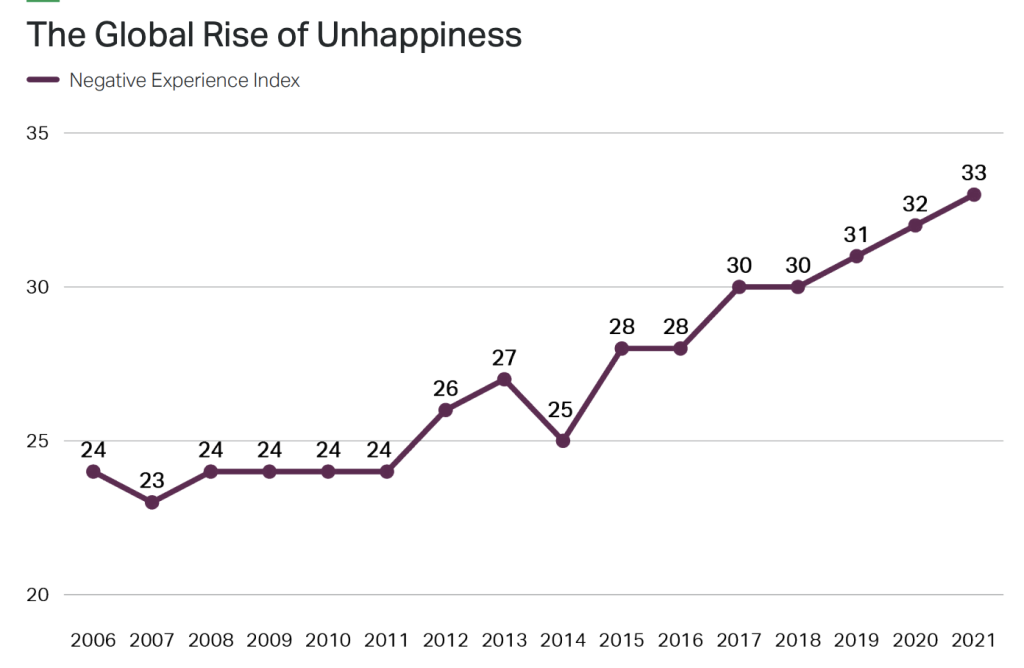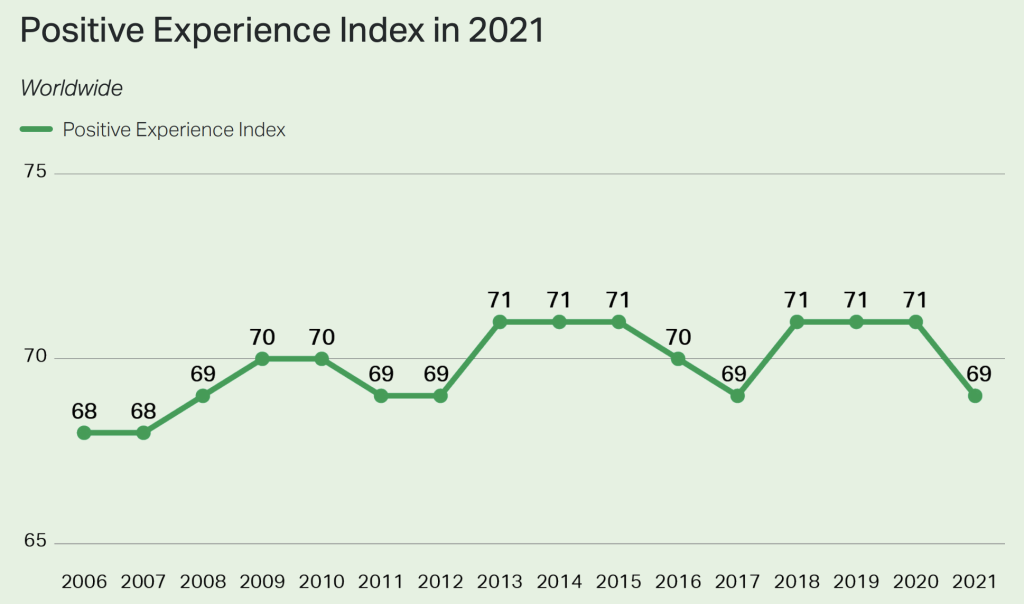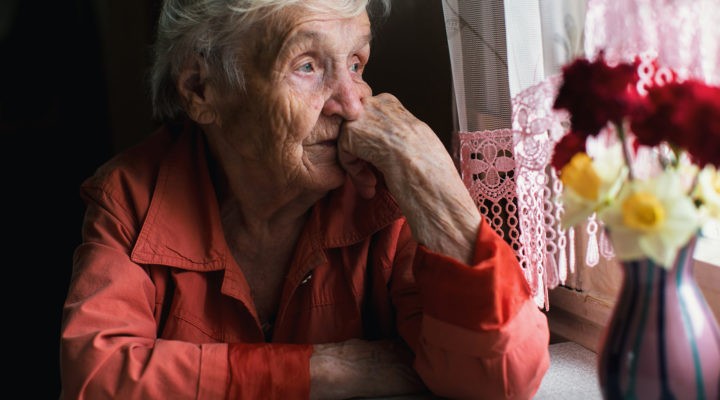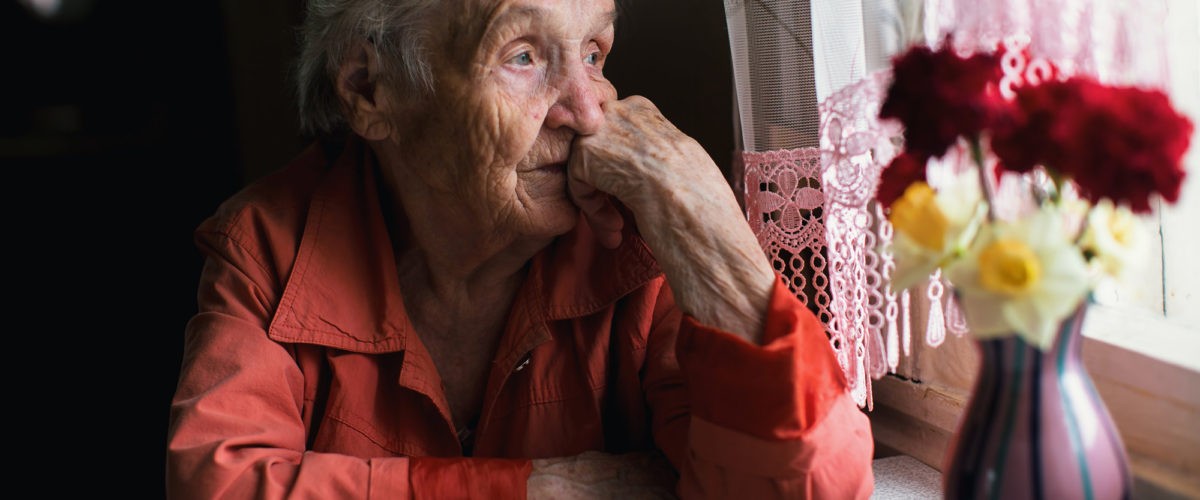Globally, emotions took a deep dive in 2021, surpassing negativity levels documented the first year of the COVID-19 pandemic and hitting all-time lows in terms of stress, sadness and worry, a new Gallup poll shows.
The June survey revealed negative experiences outpaced positive ones internationally. And Americans were some of the most exhausted people on the planet, it showed.
“As 2021 served up a steady diet of uncertainty, the world became a slightly sadder, more worried and more stressed-out place than it was the year before — which helped push Gallup’s Negative Experience Index to yet another new high of 33 in 2021,” the organization reported.
Gallup compiled its index by asking adults in 122 nations and regions if they had at least five distinct negative experiences — sadness, stress, anger, worry and physical pain — the day before being surveyed. The higher the score, the more Gallup credited a population with feeling those emotions.

Adults worldwide acknowledged significant levels of worry (42%), stress (41%) and physical pain (31%), and 28% endured sadness, according to the survey.
Stress, worry and sadness ticked upward in 2021 and set new records.
“Already at or near record highs in 2020, these experiences of stress, worry and sadness ticked upward in 2021 and set new records,” Gallup said. “Worry rose two points, while stress and sadness increased one point each. The percentage of adults worldwide who said they experienced pain also rebounded two percentage points, matching levels more in line with previous years’ estimates.”
Afghanistan, at 59, led nations that scored the highest in negative experiences, followed by Lebanon at 58 and Iraq at 51.
“Afghans’ lives were already in a tailspin before the Taliban returned to power in 2021,” Gallup noted. “Most Afghans were struggling to afford food and shelter, few felt safe, and they saw their lives getting worse with every passing year. But as bleak as this picture is, Gallup surveys conducted in August and September — as the U.S. withdrew and the Taliban took control — reveal Afghans were losing the remaining joy that they had.”
Meanwhile, positivity decreased globally from 2020 to 2021, the poll revealed. The Positive Experience Index asked respondents if they felt enjoyment, well-rested, respected or had smiled or laughed the previous day.

“On top of the increase in negative experiences, fewer people reported that they had positive experiences the previous day. After several years of stability, the Positive Experience Index score in 2021 — 69 — dropped for the first time since 2017,” Gallup said. That index had remained steady at 71 from 2018 to 2020.
“With more people dying from the coronavirus in 2021 than the previous year despite the rollout of vaccines, people felt less well-rested, and fewer derived enjoyment from the previous day,” the organization noted. “The percentage who said they felt well‑rested dropped three points, and the percentage who experienced a lot of enjoyment dropped two.”
Americans counted among the most increasingly likely to say they were not well-rested during 2021.
Americans counted among the most increasingly likely to say they were not well-rested during 2021. “In the span of a year, the percentage of people who said they felt well-rested dropped from 72% to 69%,” Gallup said. “Many countries moved in a negative direction in 2021, including double-digit declines in several higher-income countries, such as the United States (12-point drop), Finland (11-point drop) and Italy (11-point drop).”
The United States, Finland and Italy, however, weren’t the worst off in that department. “Lebanese were the least likely in the world to say they felt well-rested, with 27% saying they felt this way the previous day — which is a 17-point decline from 2020 and a new record low for the world,” the report stated.
Nations with the highest scores on the positive index were Panama (85) and, at 84 each, Indonesia and Paraguay. The United States did not make the top 10 in either positive or negative rankings.
But the findings revealed rays of hope, Gallup added.
Reports of anger did not increase in 2021, dropping a single point from 24% in 2020.
For one, anger decreased by a single point — to 24% — from 2020 to 2021, and laughing and smiling both ticked up two points.
Gallup traced the rise in both positivity and negativity indexes to living in “bad” communities, the scarcity of good jobs and increases in hunger and poverty.
United Nations statistics referenced in the survey show moderate or extreme food insecurity globally rose from 22% in 2014 to 30% in 2021. “The decline in world hunger over the past few decades is over,” Gallup said.
A dearth of friendship provided another contributor to misery in many nations. “The world is also struggling from a silent pandemic — loneliness,” the report said. “Gallup finds that 330 million adults go at least two weeks without talking to a single friend or family member. And just because some people have friends, it doesn’t mean they have good friends. One‑fifth of all adults do not have a single person they can count on for help.”

Jon Clifton
In his summary of the survey, Gallup CEO Jon Clifton said its findings should be taken seriously by governments, politicians and policy makers.
“A world filled with negative emotions makes people behave differently. Our emotions influence our decisions, actions and even our cognition — sometimes for better, sometimes for worse.” — Gallup CEO Jon Clifton
“Hardened souls may not care about unhappy people, but they should,” Clifton said. “A world filled with negative emotions makes people behave differently. Our emotions influence our decisions, actions and even our cognition — sometimes for better, sometimes for worse.
“But when our bodies and minds are overwhelmed with the worst emotions, our chances of making regrettable decisions increase. And acting out on negative emotions spreads negative emotions faster than a virus, especially when amplified over social media.”
The continued prevalence of those feelings may go a long way in explaining the social and political turmoil on display around the world, Clifton added.
“As negative emotions have increased globally, so has civil unrest,” he said. “According to the Global Peace Index, riots, strikes and anti-government demonstrations increased 244% from 2011 to 2019. In 2020, unrest increased exponentially, with 15,000 protests estimated globally.”
Related articles:


